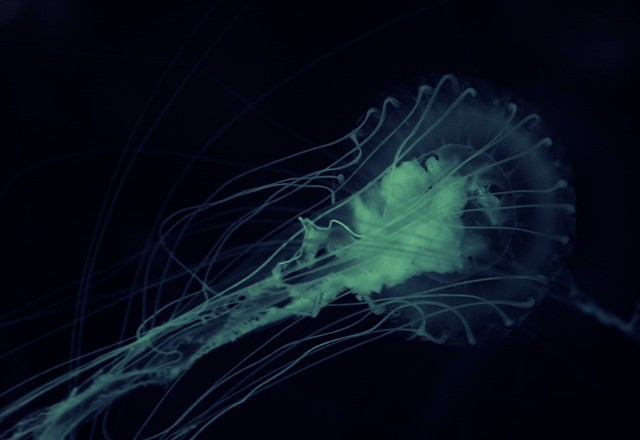
The case of Naegleria fowleri was confirmed by the Florida Department of Health. According to DOH, the microscopic single-celled amoeba can infect and tear down the brain.
The DOH in Florida then issued a caution on Friday to alleviate the dangers of the rare amoeba as it recorded infection of a Hillsborough County local.
The Naegleria fowleri often intrudes through the nose before being transmitted to the brain wherein it can lead to deathly circumstances, reported Miami Herald.
The DOH stated that the microscopic amoeba dwells in warm freshwater habitats.
Health authorities did not divulge the identity of the individual or the water environment where the individual could have been infected, according to The Tampa Bay Times.
Aside from warm freshwater, the amoeba can also be discovered in the soil.
An individual cannot contract infection with this amoeba type by swallowing impure water, reported News 4 Jax.
The location of Hillsborough County is west central Florida. Said amoeba is more commonly found in the southern states, according to the DOH. The department indicated that there have only been 37 cases of Naegleria fowleri recorded in Florida since 1962.
According to the Centers for Disease Control, merely 4 people of the 145 confirmed infected people in the US have survived.
The amoeba's dwelling places are rivers, lakes, and hot springs. July, August, and September are the peak seasons in Florida and it expands best at 115 degrees Fahrenheit.
The DOH has warned individuals who swim in such freshwater environments to be vigilant of the amoeba's probable presence.
According to the DOH, "Adverse health effects on humans can be prevented by avoiding nasal contact with the waters since the amoeba enters through nasal passages."
Also, Naegleria fowleri can be contracted from swimming pools that are improperly chlorinated, or from contagious neti pots.
Naegleria fowleri's symptoms include fever, severe frontal headache, vomiting, and nausea.
The DOH advised the public to avoid shallow freshwater with high water temperature and warm freshwater bodies surrounding power plants. In warm freshwater, people should pinch their nose when swimming.
The amoeba can lead to primary amebic meningoencephalitis (PAM) that obliterates the brain tissue.
It is more prevalent amid summer months when water levels are lower.
"Use only boiled and cooled, distilled, or sterile water for making sinus rinse solutions for neti pots or performing ritual ablutions," according to the DOH.
An individual can also be exposed to the amoeba when rinsing sinuses through a neti pot.
There have been 143 recorded infected cases of the amoeba in the US with 4 who have survived.
Performing religious rituals with tap water as well can expose you with the organism, the department continued.
The cautionary signs are initially subtle, and as the infection progresses, serious symptoms arise including seizures, stiff neck, hallucinations, altered mental status, and coma.
Although confirmed, the probability of becoming infected is low.
Related Article : Bangkok Now Back to 'Normal': No COVID-19 Local Transmission for 36 Days
© 2026 HNGN, All rights reserved. Do not reproduce without permission.








